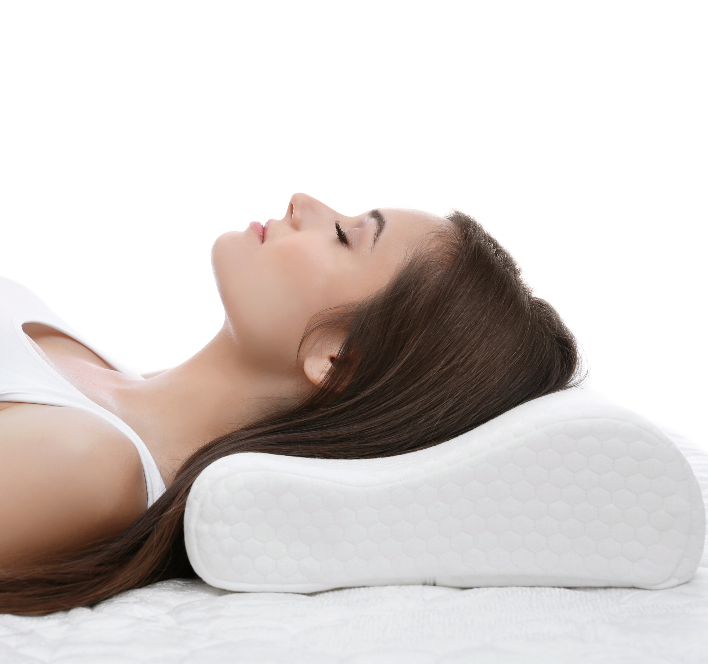Back pain is incredibly common, and for many people it starts gradually. A sore lower back after a long day, stiffness in the morning, or discomfort after lifting something heavy can feel routine. But when…
To improve your spinal health, you may want to consider training yourself to sleep on your back. Unlike other sleeping positions, sleeping on your back can have a few long-term benefits. When you begin to train yourself to sleep supine, you may experience less pain in your neck and back. This is because the spine is set in a neutral position and doesn’t experience pressure during sleep.
Additional benefits of sleeping on your back include the reduction of headaches and possibly the prevention of the appearance of wrinkles. Training to sleep on your back is not always easy because you have already developed your sleeping habits, but if you want to improve your spinal health, keep reading for a few simple tips to make it easier.
Simple Tips for Training Yourself to Sleep on Your Back
One of the biggest challenges to training to sleep on your back is that you will change your sleeping position in the middle of the night most of the time. If you are advised by a physician to sleep in this position throughout the night, this can feel discouraging. However, there are many ways you can go about training yourself to sleep on your back:
- Pillow Underneath the Knees Technique: This technique requires you to place a pillow underneath your knees so that they are in a slight bend. This can help any discomfort that arises in the low back when sleeping supine.
- Pillow Underneath the Lower Back Technique: This technique may take some trial and error because the pillow has to be the right height to provide maximum comfort for your lower back. This technique supports the lower back and keeps you comfortable as you adjust to a new sleeping position.
- The Starfish Position Technique: Although this technique requires more space, it may be more comfortable for someone trying to adjust to sleeping on their back. The starfish technique requires you to spread your arms and legs apart to relieve any pressure you feel in your body.
- Get Picky About Your Head and Neck Pillows: Having the right pillows for your head and neck is important because they should support the natural curve in your spine. Having a pillow too high or low can put you out of alignment and make sleeping on your back uncomfortable.
How Do You Know If Sleeping on Your Back Is Not Right for You?
When you have certain health and medical conditions, it may not be the best option for you to sleep on your back. To avoid any injury or complications to your health, you may want to ask your physician what works best for you:
- Pregnancy: Sleeping on your back can be harmful to the fetus. Side sleeping is usually recommended for pregnant women and can be most comfortable when using a pregnancy pillow to bolster your stomach and back.
- Heartburn: Heartburn becomes more prominent when sleeping on your back and can lead to uncomfortable rest. If you rather sleep on your back, it may help to prop up your upper body using pillows.
- Chronic Snoring: Sleeping on your back increases If it is disrupting your sleep, try to elevate your head slightly more with another pillow.
- Obstructive Sleep Apnea: This condition is exacerbated by sleeping on the back. It may be more beneficial to sleep on your side to get better quality sleep.
Consult a Skilled Spine Specialist to Improve Your Spinal Health
Training to sleep on your back can improve your spine health by allowing your spine to relax in a neutral alignment. Sleeping positions greatly influence your sleep quality and sleeping supine may not be right for you. At Orthopedic & Laser Spine Surgery (OLSS), our knowledgeable spine specialists are highly trained in a range of spinal conditions and can expertly create a treatment plan that is personalized to your needs.
Our medical team offers cutting-edge technology and minimally invasive treatment plans for neck and spine injuries that allow patients to get back to living their everyday life with minimal recovery time and lasting results. Complete our contact form or call (866) 646-5090 for additional information.

